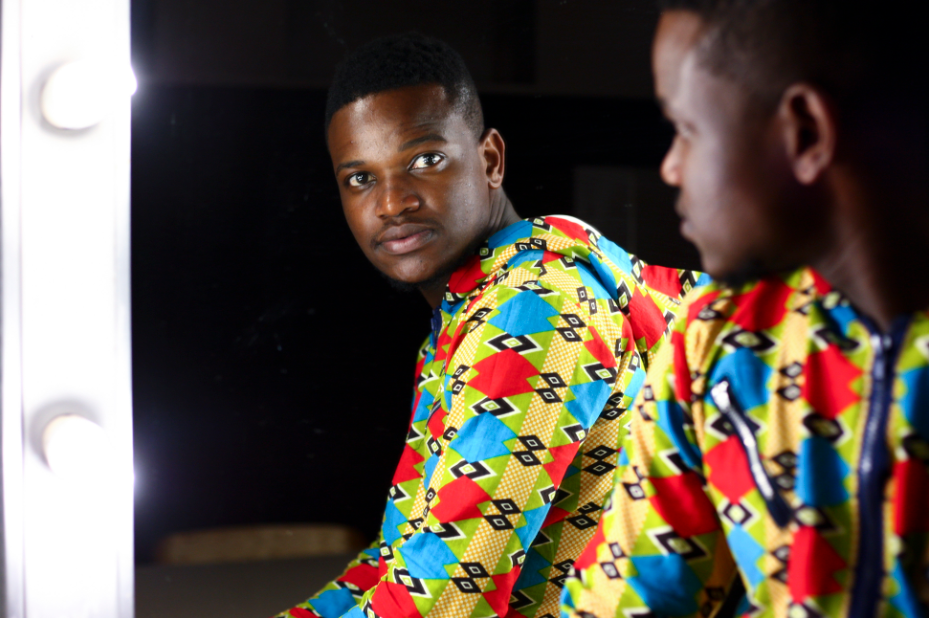An artist and theater owner who interrogated his own cultural story.
When culture meets art at the revived Dance Umbrella Africa Festival, a rapturous applause offers the stamp of approval to the cast of Ubizo, The Calling who take their bows through the exaggerated plumes of smoke at the South African State Theatre.
Under the theme, Figure-ring – the state of dance in Africa, the annual festival which shut down a year ago, has been rebranded to incorporate a continental approach.
With over 54 shows performed, over 100 artists were given a platform to showcase their work from March 31 to April 7.
A diverse program celebrating narratives from beyond South African borders, the new home of the annual gathering encompasses a variation of dance genres, ranging from the local dance popular in townships, Isipantsula, to diverse classical contemporary performances.
Loading...
READ MORE | ‘There Will Always Be A Need For Live Art’
A tribute to Africa performed by the Inkaba Theatre Productions, Ubizo, The Calling enticed the audience with a riveting set.
A man dressed in a white and blue cassock wails on his back, as he stretches his arms to the ceiling, his rhythmic movements emphasized by the sounds of wind created by a plastic pipe.
He is pleading to his ancestors for a son.
The show was directed and performed by Sibusiso Mbokazi, the artist from Durban who came to Johannesburg to pursue a career in theater. Unable to explain to his father that the arts are a recognizable career, Mbokazi was left to fend for himself in his first year of studies in Johannesburg.
“I survived with a two-liter coke and a loaf of bread for a week. It was that hard, but my mother saw the passion and love. Today, every time I go back to KwaZulu-Natal, every high school wants my attention because they have that understanding that I worked hard,” he says.
Today, he owns a theater company with the focus of raising awareness of the arts in his hometown and communities across the country.
With Inkaba Theatre Productions, learners are given a platform to showcase their talent at a much younger age than he was at the beginning of his career.
A performance alongside South African entertainment personality Somizi Mhlongo changed his parents’ perception of the arts.
“We need to invite our parents; we need to be open with them too,” he says.
Mbokazi’s work is deeply embedded in spirituality which speaks to his personal and artistic life. He says art shouldn’t only be created for money but for passion.

“One thing you lose when you create your craft for money is the focus of your creativity. You will lose the audacity of your work. You will lose the understanding of who you are in your craft work. If you are an artist, you need to be out there as a healer…
“We create work with a storyline and a motive but the audience may read it differently.”
Performed for the first time in 2013, Ubizo, The Calling, amalgamates Christianity and African spirituality in order to interrogate misconceptions around rituals.
“When you are called by your ancestors, it becomes a calling. I realized that people think being called by your ancestors is stigmatized. If you trace it back, you will be told that religion and ancestry has not been separated,” he says.
He feels African artists need to go back and interrogate their own cultural stories in a way that will celebrate the authenticity of the continent.
READ MORE | Executive Travel: Nomzamo Mbatha’s Kenya
It starts with remembering, he says.
“We are running out of an understanding who we are because we do not have [a place] where we are teaching and giving the understanding of our own culture. To embody and remember them, is something we need to start teaching,” he says.
Mbokazi argues that a lack of self-love is what stands in the way of the future of most black artists.
Loading...
